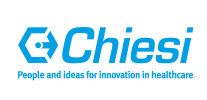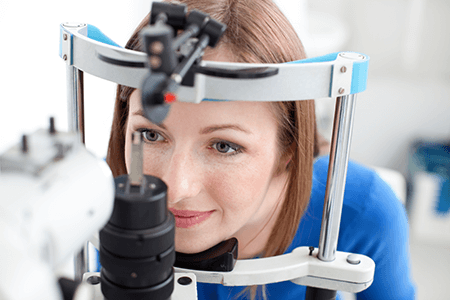
FDA Grants Orphan Status to Chiesi’s Cell Therapy for Rare Eye Disease
 Chiesi USA of Cary and its European partner Holostem Terapie Avanzate have received Orphan Drug Designation from the U.S. Food and Drug Administration for an investigational cell-based therapy for a rare eye disease.
Chiesi USA of Cary and its European partner Holostem Terapie Avanzate have received Orphan Drug Designation from the U.S. Food and Drug Administration for an investigational cell-based therapy for a rare eye disease.
The product, GPLSCD01, contains human corneal epithelial cells and stem cells. It is intended to treat limbal stem cell deficiency (LSCD), a seriously debilitating condition affecting one or both eyes due to physical or chemical burns, inflammatory diseases or hereditary diseases.
“This is an important regulatory milestone for Chiesi USA as we continue to focus on meeting the needs of the rare disease community,” said Alan Roberts, vice president of scientific affairs at Chiesi USA. “Once FDA-approved, GPLSCD01 has the potential to become an important medical therapy for LSCD patients in the U.S.”
The FDA’s orphan drug designation is granted to drugs intended for the safe and effective treatment, diagnosis or prevention of rare diseases that affect fewer than 200,000 people in the United States. The status qualifies a drug’s sponsor for development incentives, including tax credits for qualified clinical testing, exemption from prescription drug user fee and seven-year marketing exclusivity upon FDA approval.
Replaces missing stem cells

Patients with LSCD lack cells called limbal stem cells, which are found at the edge of the cornea, the transparent layer in front of the eye. Those cells normally renew and repair the cornea continuously.
Left untreated, LSCD results in chronic pain, burning, discomfort in bright light, inflammation, new blood vessels growing across the front of the eye, stromal scarring and vision loss or impairment. The treatment of LSCD depends on the extent of the damage.
Chiesi’s GPLSCD01 requires a biopsy of undamaged limbus, which is then cultivated in a lab to produce a cell sheet of epithelium containing stem cells. The tissue is transplanted into the patient where it has the potential to regenerate and repair the eye.
Because the cells are autologous, or obtained from the patient, the therapy would avoid the need for donor tissues and subsequent immunosuppression to prevent rejection.
GPLSCD01, known as Holoclar in the European Union, is the first medicine containing stem cells to be licensed in the EU for the treatment of adult patients with moderate to severe limbal stem cell deficiency in one or both eyes due to physical or chemical ocular burns. Holoclar is manufactured by Holostem and commercialized by Chiesi in several European countries.
The effectiveness and safety of GPLSCD01 have not been reviewed or approved by the FDA, so the product is not yet available in the United States.
Company formed in Cornerstone merger
Chiesi USA is a specialty pharmaceutical company focused on commercializing products for the hospital, rare disease and target office-based specialties. It was formed in 2014 when Cornerstone Therapeutics of Cary merged with Chiesi Farmaceutici, an international healthcare company based in Parma, Italy.
The company has grown to about 250 employees and is building a new headquarters in Cary to consolidate its local workforce. The company plans to move in by the end of the year.
Chiesi USA has received several industrial internship awards from the North Carolina Biotechnology Center.
Chiesi USA is a wholly owned subsidiary of Chiesi Farmaceutici, which has 5,300 employees and a presence in 26 countries. The parent company researches, develops and markets drugs in respiratory therapeutics, specialist medicines and for rare diseases.
Its partner, Holostem Terapie Avanzate, based in Modena, Italy, is devoted to the development, manufacture, registration and distribution of therapies based on cultures of epithelial stem cells both for cell and gene therapy.
